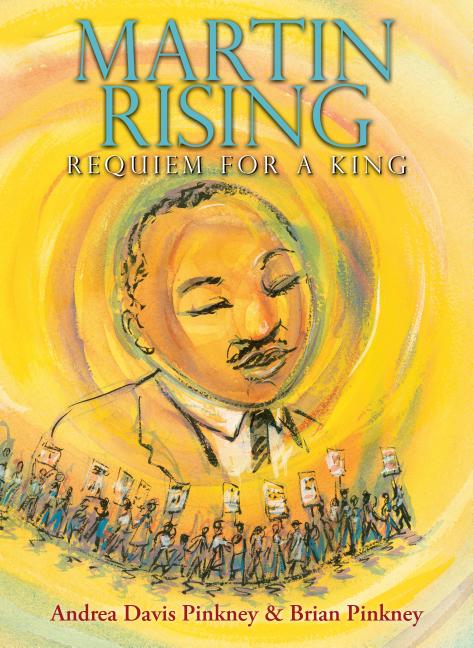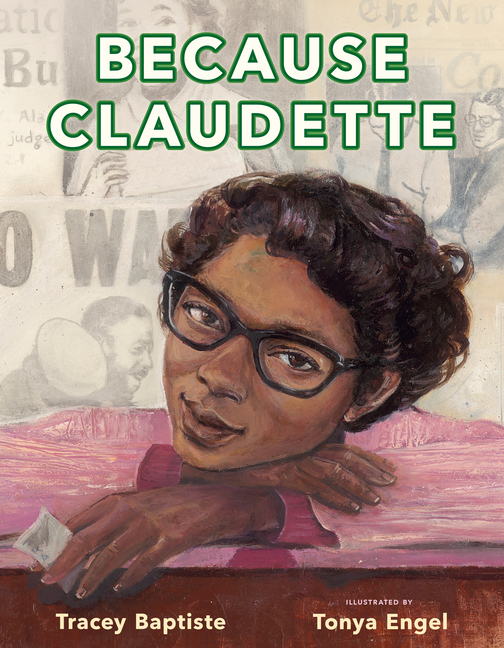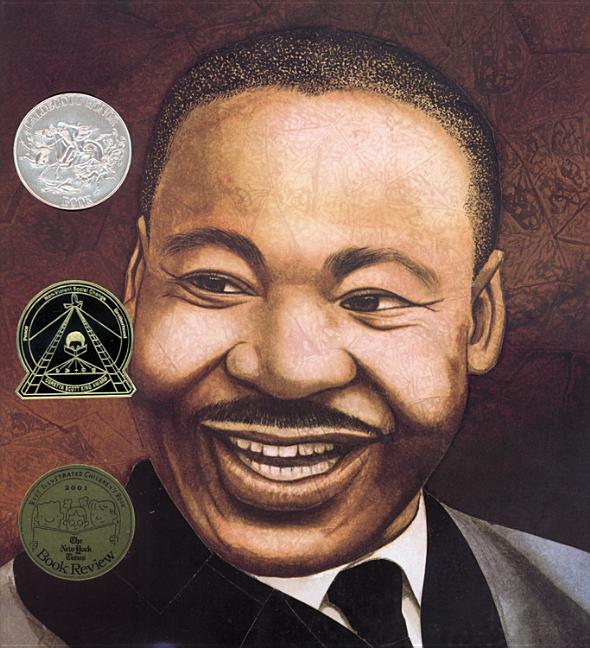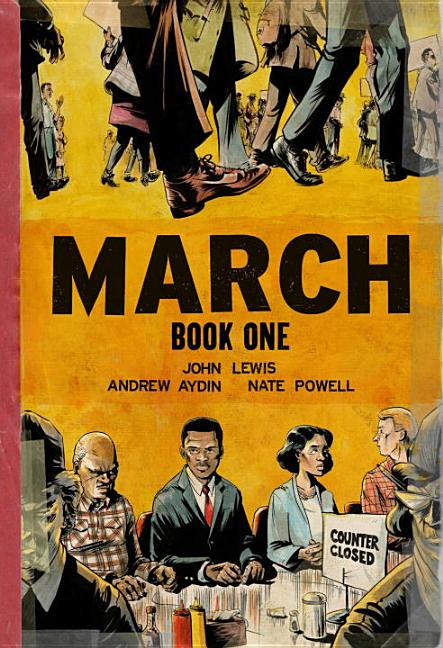Teaching Ideas
Explore jumping-off points that deepen discussions, inspire reading interest, and support connections to books and authors. Easily share and include in your instructional plans, newsletters, and social media.
Martin Luther King, Jr. Day
Martin Luther King, Jr. Day

Explore titles and resources about Martin Luther King, Jr. and other civil rights heroes.
See Andrea Davis Pinkney read some of her poems from Martin Rising: Requiem for a King in this video book reading, then have students write their own poems about hope, either what it means for them or what they hope for.
Explore this curated list of Books for Martin Luther King, Jr. Day from Reading Rockets.
Share this complete video reading of Who Was Martin Luther King, Jr.? to help young readers learn about his life and work, and follow with this drawing prompt.

Hear illustrator Tonya Engel talk about Claudette Colvin in this Meet-the-Illustrator Recording for Because Claudette. Claudette was only 15 when she made such a big difference in history. Do students know of other young people who have made a difference? How might they themselves make a difference in their communities?
Watch the video book trailer for The Teachers March! and use the shoe handout found in this educator's guide to help students reflect on and write about issues important to them. You can cut out the shoes and display them around your classroom for a visual inspiration of the spirit of marching for justice.

Reflect on how words make people feel after listening to the Meet-the-Illustrator Recording with Bryan Collier and the audiobook excerpt for Martin's Big Words. Then think about what words Dr. King is remembered for (such as peace, dream, etc.).
Use Google Book Preview to read the author’s preface to the book Hand in Hand: Ten Black Men Who Changed America. Then have students research one of the figures from this book, who can be found in this discussion guide.

- Listen to John Lewis talk about leading the march from Selma for the right to vote in this Meet-the-Author Recording for March Book One. Then work with students to brainstorm ways they can be an "upstander" and not just a "bystander" in their school or community. Finish by creating “Upstander Posters” as found in this activity guide.

